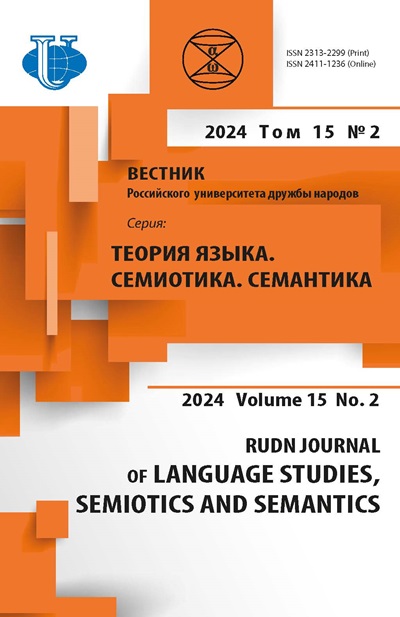Поиск
Выпуск
Название
Авторы
|
Доброва Г.Р. |
|
Зайцева И.П. |
|
Елисеева М.Б., Вершинина Е.А. |
|
Кадилина О.А., Рядчикова Е.Н. |
|
Киосе М.И., Леонтьева А.В., Агафонова О.В., Петров А.А. |
|
Юсупова С.М. |
|
Дугалич Н.М., Шавтикова А.Т., Изилдин О. |
|
Будильцева М.Б., Новикова Н.С. |
|
Ли С., Денисенко В.Н., Маленкова А.А. |
|
Филясова Ю.А. |
|
Куликова М.Н., Рябов О.В. |
|
Юдина Н.В., Хачатрян А.А., Камашев И.И. |
|
Калинин О.И., Игнатенко А.В. |
|
Бутакова Л.О. |
|
Ибрагимова Д.Р. |
|
Логвина С.А. |
|
Дехган Халили Можде -. |
|
Рядчикова Е.Н., Кадилина О.А., Бальян А.М. |
|
Медведев Е.Ю. |
|
Шаламов В.Д. |
|
Борисова Е.С. |
|
Темиргазина З.К., Бачурка М.С. |
|
Комалова Л.Р., Голощапова Т.И. |
|
Боброва Е.Д. |
|
Карташкова Ф.И., Князева А.А. |
|
Михеева Е.С. |
|
Семенкова Л.А. |
|
Антонова Н.А. |
|
Брагина М.А., Булгарова Б.А., Попович И.Ю. |
|
Чернов Д.Н., Морослин П.В., Мамонтов А.С. |
|
Пасечник Т.Б. |
|
Боброва Е.Д. |
|
Габидуллина А.Р. |
|
Шляховой Д.А. |
|
Илиади П.Л., Ларина Т.В. |
|
Энхтуяа Цэдэндоржийн -. |
|
Бубнова Н.А. |
|
Талыбина Е.В., Полякова Е.В. |
|
Егоров В.Г. |
|
Зайцева И.П. |
|
Медведев Е.Ю. |
|
Кривошлыкова Л.В. |
|
Баталов А.А., Никашина Н.В. |
|
Нгуен Тху Хыонг -. |
|
Юрьева Ю.Б. |
|
Хроменков П.Н. |
|
Стрельникова О.Ф. |
|
Азимова И.А. |
|
Чулкина Н.Л., Бубнова Н.А. |
|
Осокина Е.А. |
|
Вавилова Ж.Е., Бродбент Д.Т. |
|
Баталов А.А. |
|
Халилзадех Аминиян Захра -. |
|
Семенкова Л.А., Фёдорова Н.Г. |
|
Баталов А.А. |
|
Оглезнева Е.А., Пустовалов О.В. |
|
Тимофеева Н.Ю. |
|
Недосугова А.Б. |
|
Крылов А.А. |
|
Красина Е.А. |
|
Москвичева С.А. |
|
Чулкина Н.Л., Денисенко В.Н. |
|
Тутова Е.В. |
|
Липатова Т.В. |
|
Федулова М.Н. |
|
Красс Н.А. |
|
Муминова А.А. |
|
Боброва Е.Д. |
1 - 68 из 68 результатов
Подсказки:
- Ключевые слова чувствительны к регистру
- Английские предлоги и союзы игнорируются
- По умолчанию поиск проводится по всем ключевым словам (агенс AND экспериенцер)
- Используйте OR для поиска того или иного термина, напр. образование OR обучение
- Используйте скобки для создания сложных фраз, напр. архив ((журналов OR конференций) NOT диссертаций)
- Для поиска точной фразы используйте кавычки, напр. "научные исследования"
- Исключайте слово при помощи знака - (дефис) или оператора NOT; напр. конкурс -красоты или же конкурс NOT красоты
- Используйте * в качестве версификатора, напр. научн* охватит слова "научный", "научные" и т.д.









